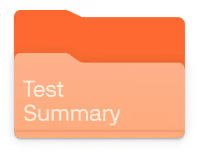
Key Benefits
- See your hormonal drive and cardiovascular risk in one integrated view.
- Pinpoint low or high testosterone affecting energy, mood, libido, muscle, and recovery.
- Quantify ApoB to measure atherogenic particle burden that drives plaque formation.
- Personalize training, nutrition, and sleep with data that reflects your biology.
- Track the impact of lifestyle and medications with clear trends over time.
- Lower cardiovascular event risk by targeting ApoB directly.
- Protect bone density and lean mass with androgen-aware planning.
- Support fertility and sexual function with evidence-based insights for both males and females.
- Reveal patterns tied to insulin resistance, PCOS, and metabolic stress.
- Turn numbers into action with clear, decision-ready insights.
What is Testosterone / ApoB?
Testosterone is a steroid hormone produced primarily in the testes in males and in the ovaries and adrenal glands in females. It supports energy, drive, libido, muscle building, fat distribution, bone density, red blood cell production, and aspects of mood and cognition. Most testosterone circulates bound to proteins such as SHBG, with a smaller free portion that exerts direct effects. Levels follow a daily rhythm and shift with age, training load, body composition, and health status.
ApoB (apolipoprotein B) is the structural protein on every atherogenic lipoprotein particle—LDL, VLDL, IDL, and Lp(a). One ApoB equals one particle, so ApoB indicates the actual number of cholesterol-carrying particles that can enter artery walls and form plaque. ApoB is a powerful, actionable marker of cardiovascular risk. Testing both biomarkers provides a precise read on performance physiology and long-term heart health.
Why is Testosterone / ApoB Biomarker Testing Important?
Symptoms alone blur the picture. Fatigue, low motivation, reduced libido, slower recovery, or changes in body composition overlap with training stress, sleep debt, thyroid issues, and mood disorders. A testosterone measurement separates guesswork from biology.
ApoB sharpens cardiovascular risk assessment beyond standard cholesterol. People with “normal” LDL-C can still carry a high ApoB particle load and face higher plaque risk. ApoB responds to diet, weight, activity, and lipid-lowering therapies, anchoring prevention with a target that matters.
Testosterone and ApoB also intersect with metabolic health. Androgen status influences body composition and insulin sensitivity, while ApoB reflects how metabolism packages and traffics lipids. Women and men both benefit from clarity here, because sex-specific patterns exist and both face atherosclerosis risk. Measuring both enables early detection and precise targets you can track over time.
What Insights Will I Get?
Testosterone — Male
- Optimal: Stable energy, morning erections, steady libido, strong training response, resilient mood, and preserved bone and lean mass.
- Low: Reduced sex drive, fewer morning erections, fatigue, lower mood or motivation, increased fat mass, slower recovery, and decreased strength or endurance.
- High: Acne or oily skin, irritability, elevated hematocrit (thick blood), potential sleep apnea worsening, and signals consistent with exogenous androgen use or rare androgen excess states.
Testosterone — Female
- Optimal: Support for sexual desire and arousal, motivation, lean mass, bone strength, cognitive drive, and exercise capacity with regular cycles across reproductive years.
- Low: Low libido, reduced stamina, brain fog, decreased lean mass, weaker training response, and lower mood or drive, often more noticeable after childbirth or during the menopausal transition.
- High: Acne, chin or body hair growth, scalp hair thinning, cycle irregularity, and features consistent with androgen excess such as PCOS.
ApoB — Everyone
- Optimal: Lower atherogenic particle number, healthier arterial environment, and reduced lifetime plaque accumulation.
- Elevated: Higher particle burden, greater plaque formation over time, and a clear target for nutrition, weight management, and medications.
- High: Marked atherogenic load, strong signal for intensive risk-reduction strategies, and close monitoring to drive ApoB down.
Testosterone / ApoB and Your Health
Your numbers guide your next move. For testosterone, prioritize deep sleep, resistance training, protein adequacy, smart stress management, and alcohol moderation. Review medications or conditions that may suppress androgens. Evidence-based therapies require careful monitoring of hematocrit, prostate parameters for males, and cycle health for females.
For ApoB, emphasize fiber-rich, minimally processed eating, reduce saturated fats, increase unsaturated fats, and align total calories with your goals. Weight loss in insulin resistance lowers ApoB. Statins, ezetimibe, and PCSK9 inhibitors lower ApoB and cardiovascular events, with nutraceuticals as adjuncts where appropriate. Women and men both protect their arteries by lowering ApoB. Women with androgen excess gain added benefit by addressing metabolic drivers that influence both hormones and lipids. Tracking trends links daily choices to measurable change.



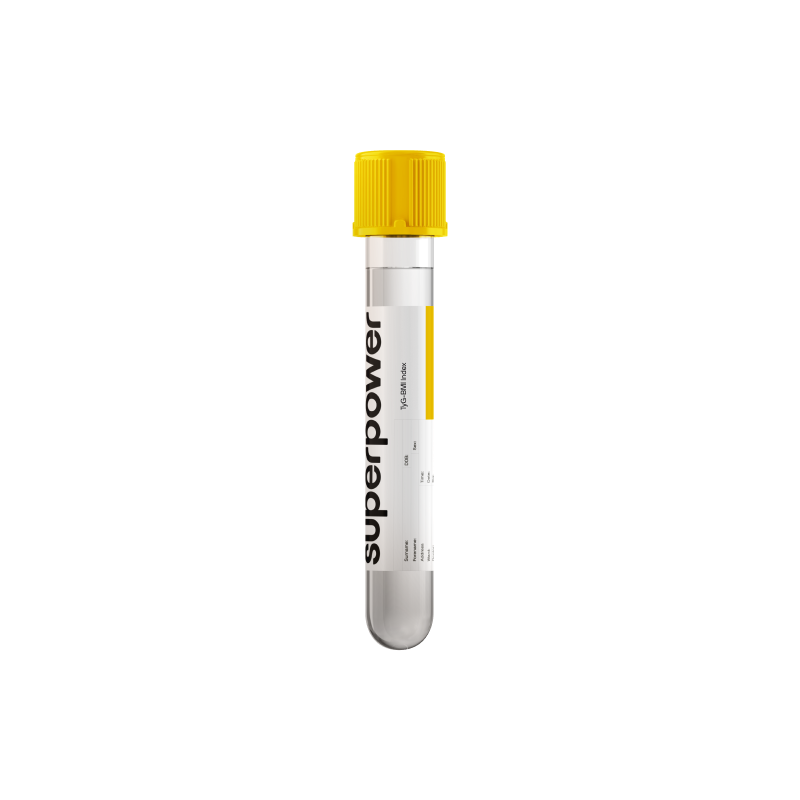
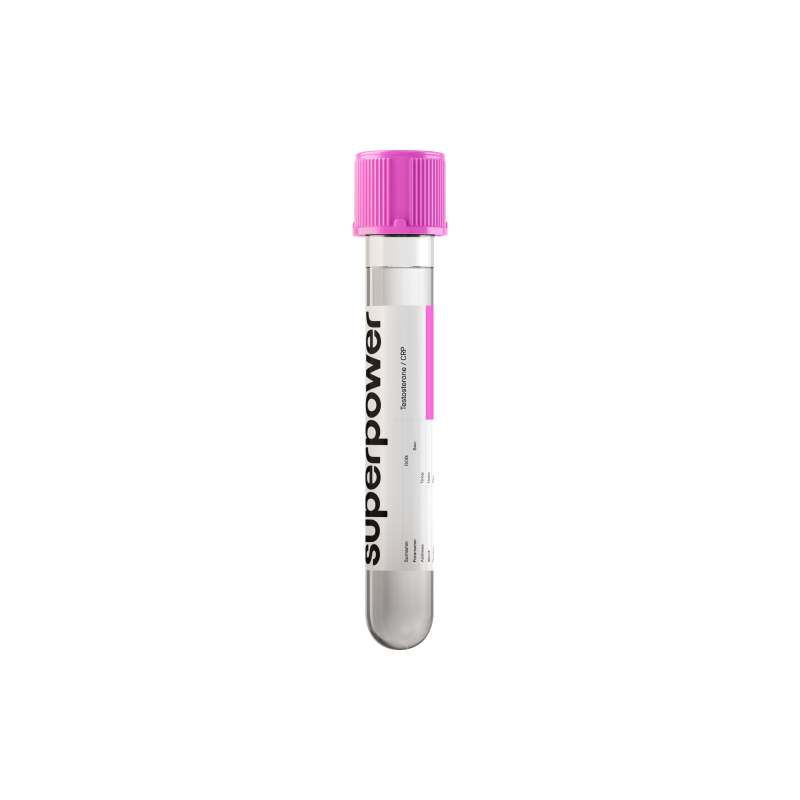
.png)
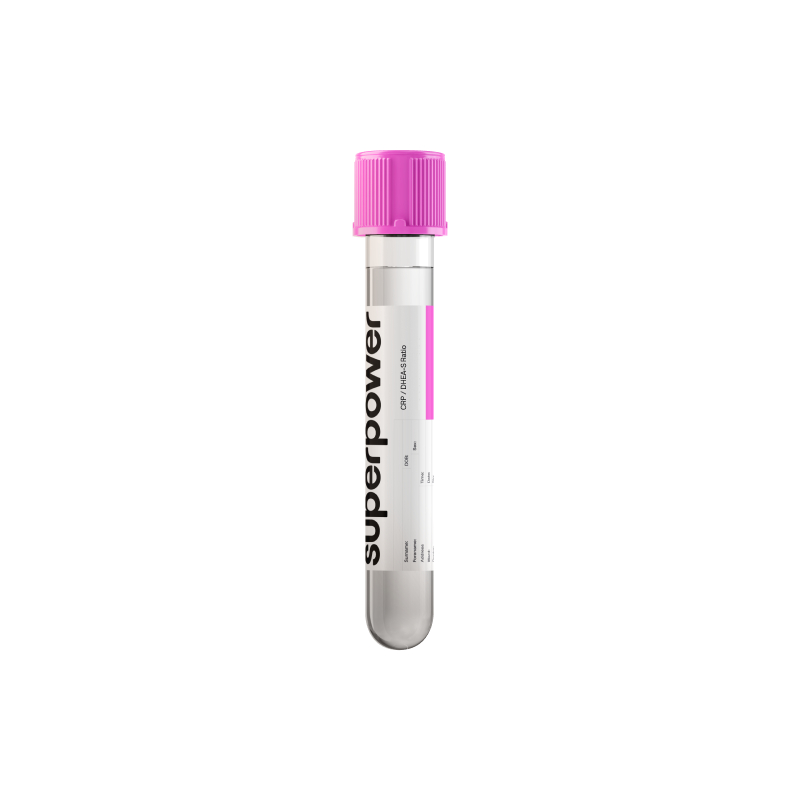

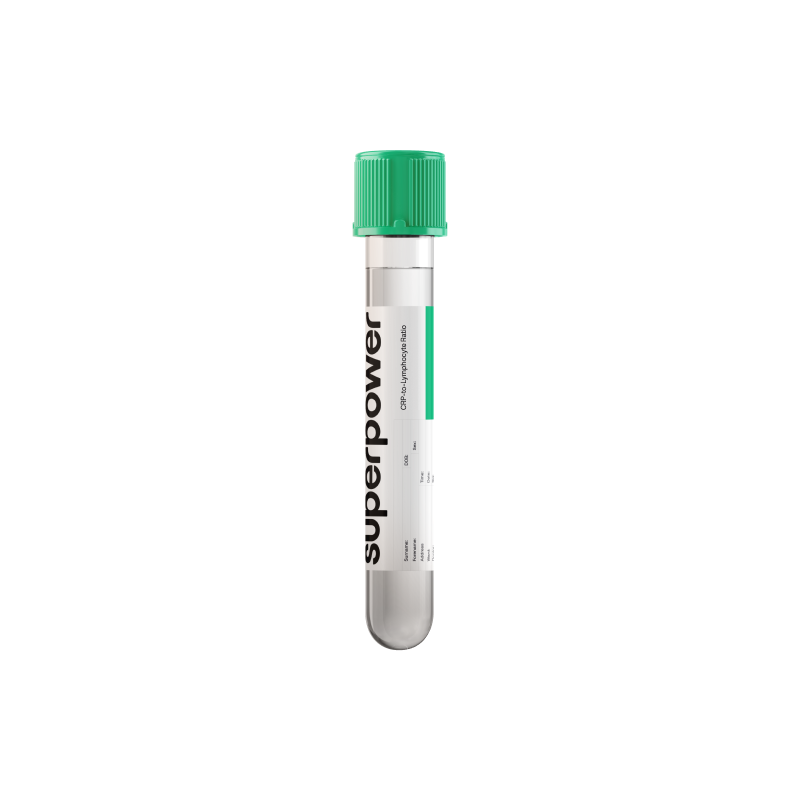
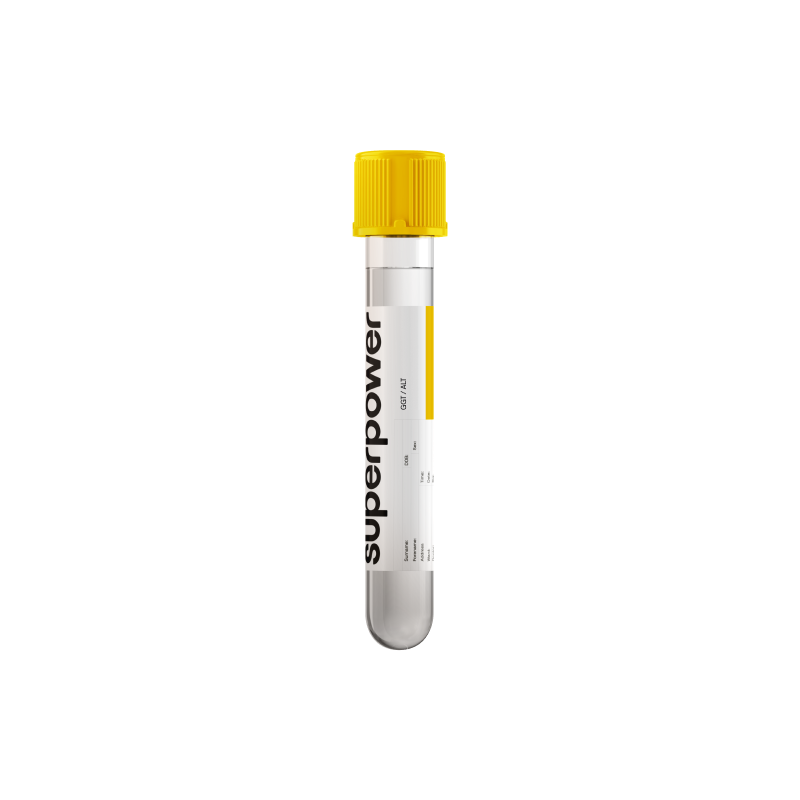





.avif)



.svg)





.svg)


.svg)


.svg)

.avif)
.svg)











.avif)
.avif)
.avif)


.avif)
.png)

